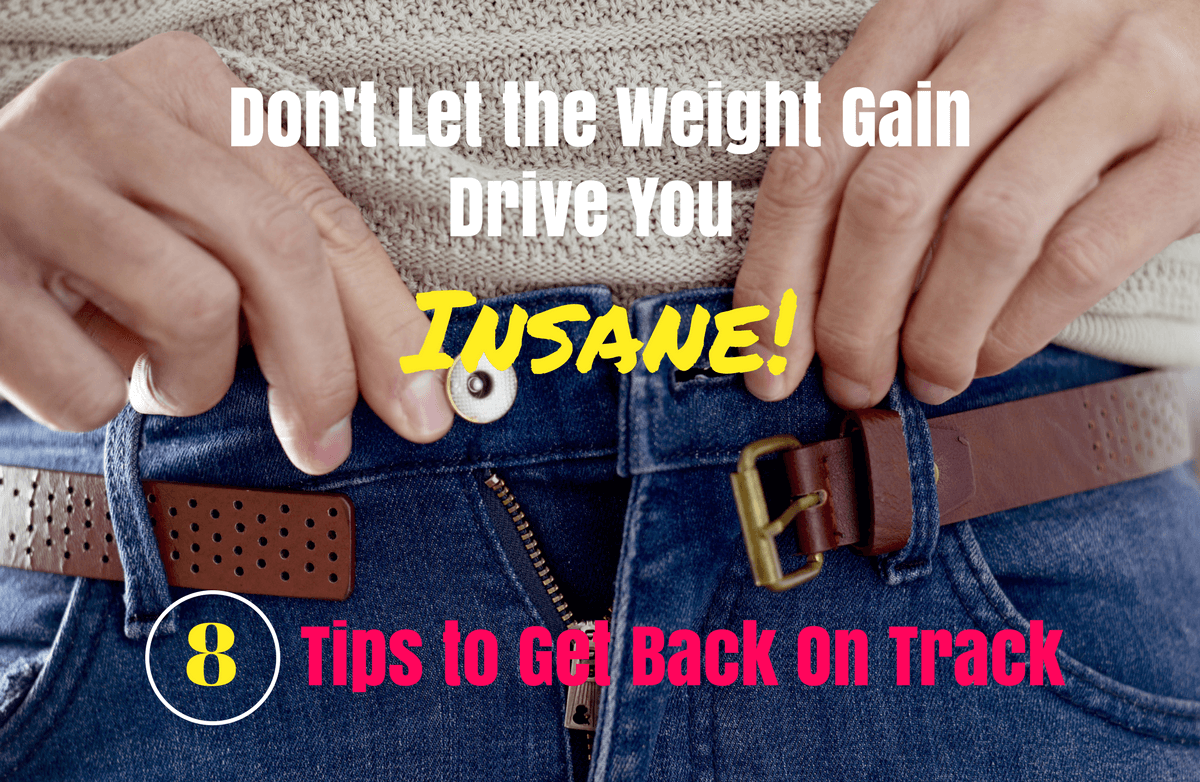Editor's Note: Cooking for one can be tricky! It's even more challenging to eat healthy on a budget when the world (and the grocery store) seems to cater to couples and families instead of singles. So what's a healthy eater to do? Coach Nicole recently asked her good friend Lauren (that's her in the picture to the left), a single gal who loves to cook and eat healthy herself, to share some of her best tips for eating healthy when you live alone. Maybe the other singles out there can learn some good tips from this list!
By Lauren J. Finefrock
Cooking for one can be tremendous challenge that many feel isn't always worth the effort. You don't have anyone there to support you, except yourself, and no one to appreciate the fruits of your labors in the kitchen. So what's the point? Well, as with any challenge in life, if you break it down into pieces, you will find that what you thought was a mountain in front of you is in actuality just a small hill. I love to cook for myself, have friends over for dinner and try new recipes. But it can be challenging since I live alone and don't NEED a lot of food in the house. To prevent waste, save money, and stick to a healthy diet, here are the strategies that I've put into place.
- Always make a list before you go to the grocery store.
One of the things I have been doing lately is buying more sale items that freeze well. I used to come home each week wondering how on earth I spent so much money at the grocery store for ONE PERSON for ONE WEEK! After a few large, unexplained bills, I decided to really pay attention to what I was buying. I know this is cliché, but planning your meals and making a shopping list really does help, especially when cooking for one. Plan out the meals you would like to cook for the week, thinking of creative ways to use a few key ingredients in multiple meals so that food doesn't go to waste. When planning, allow yourself enough for breakfasts, lunches, dinners, and healthy snacks for the week. This way, you will avoid putting items into your basket that you don't need or won't be able to use up before spoiling.
- Ditch the frozen diet meals.
As a single person, one of the easiest things to do is to pick up a single-serving frozen meal for lunch or dinner. That's not a bad idea and can allow for a lot of variety, but look carefully at what you're buying. Even many of the ones marketed as good-for-you can be high in sodium and additives, and low in healthy things like whole grains and veggies. If you have room in your freezer for frozen meals, then you have room to make your own frozen entrees. I will pair a protein (chicken, turkey, or other healthy cuts of meat) with a vegetable (broccoli, asparagus, green beans, etc.) and a healthy starch (sweet potatoes, brown rice), then add my favorite seasonings and freeze lunch size portions in Tupperware. This way, I can pull out my lunch the night before I want it and heat it in the microwave. I can also use my DIY frozen meals as quick dinners, too.
- Opt for single servings of tempting treats.
Let’s face it: Grocery store items are not exactly geared towards single people. I mean, do you really need a quart of ice cream tempting you all week long when all you wanted was a small taste? Probably not! Yes, larger packages can sometimes be more economical, but when we're talking about sweets and other junk foods, singles might be better served by "paying more" for single serving items so that they don't have to finish off a whole bag of chips, cookies, or candy themselves. If there is a particular food item that you know you will not be able to resist, simply do not buy it. For me, peanut butter, candy, and cheese fall into this category. If I must “splurge” on my vices, I will always buy a single serving package, knowing full well that I will have to pay more per serving for the convenience of the single serving. However, I waste less food this way and thing that in the end, I'm actually getting a better deal by not filling my body with too much of these "sometimes" foods.
- Think again before splurging on "good deals" in large quantities.
Are you really going to drink that full gallon of milk in a week? What about that large bunch of bananas, or that economy sized jar of applesauce? If you can't eat it before it goes bad or don't have room to freeze it, downsize. After a couple of weeks of paying closer attention to your grocery shopping, you should be able to gauge your eating habits well enough to know what you can consume in a week. Still have things on the verge of going bad? Look up recipes on the Internet that incorporate those items before you toss them. For example, I recently had over-ripened bananas, blueberries that were starting to wrinkle, and sour cream that was getting closer and closer to its expiration date. What did I do? I made blueberry banana nut bread, and it was delicious! It can also be frozen for later or given as a impromptu give to a friend, neighbor or co-worker if you are worried about making too many treats with your on-the-fence foods.
- Call on your freezer.
As a single person, your freezer is your best friend in the kitchen. It will help you avoid throwing good food in the trash and take advantage of good deals at the supermarket. There are a few items I will freeze the minute I bring them home from the store. The first item to the freezer is my bread. Personally, I do not even want to entertain the thought of one person eating an entire loaf of bread before it starts to get those disgusting green mold spots on it. Bread freezes very well and thaws out to room temperature in no time. Another given food group to go straight to the freezer is any meat that I purchase (unless I absolutely know that it will be used that day or the following day). Instead of leaving that chicken in its container of three, I will separate it into individual serving pieces before freezing it. This gives me the option to cook one serving if I do not feel like waiting hours for the whole package to defrost. Many fresh fruits and vegetables also store well, as do leftovers from dinner—pasta, the other half of that jar of pasta sauce, casseroles, soups, pizza and more.
The bottom line for single cooks is to be smart and realistic about your food purchases and consumption. Just because you are cooking for one does not make it an excuse to sacrifice your health or your hard-earned dollars.
Do you (or have you) live and cook for one? What are your best tips for saving money, reducing waste and eating healthy as a single person?
|
|



















.png)


